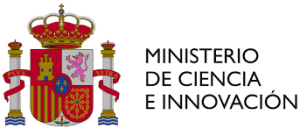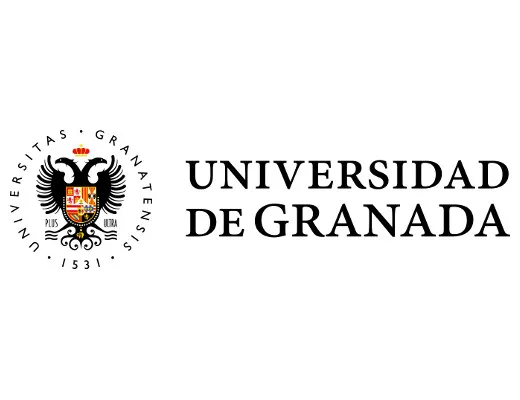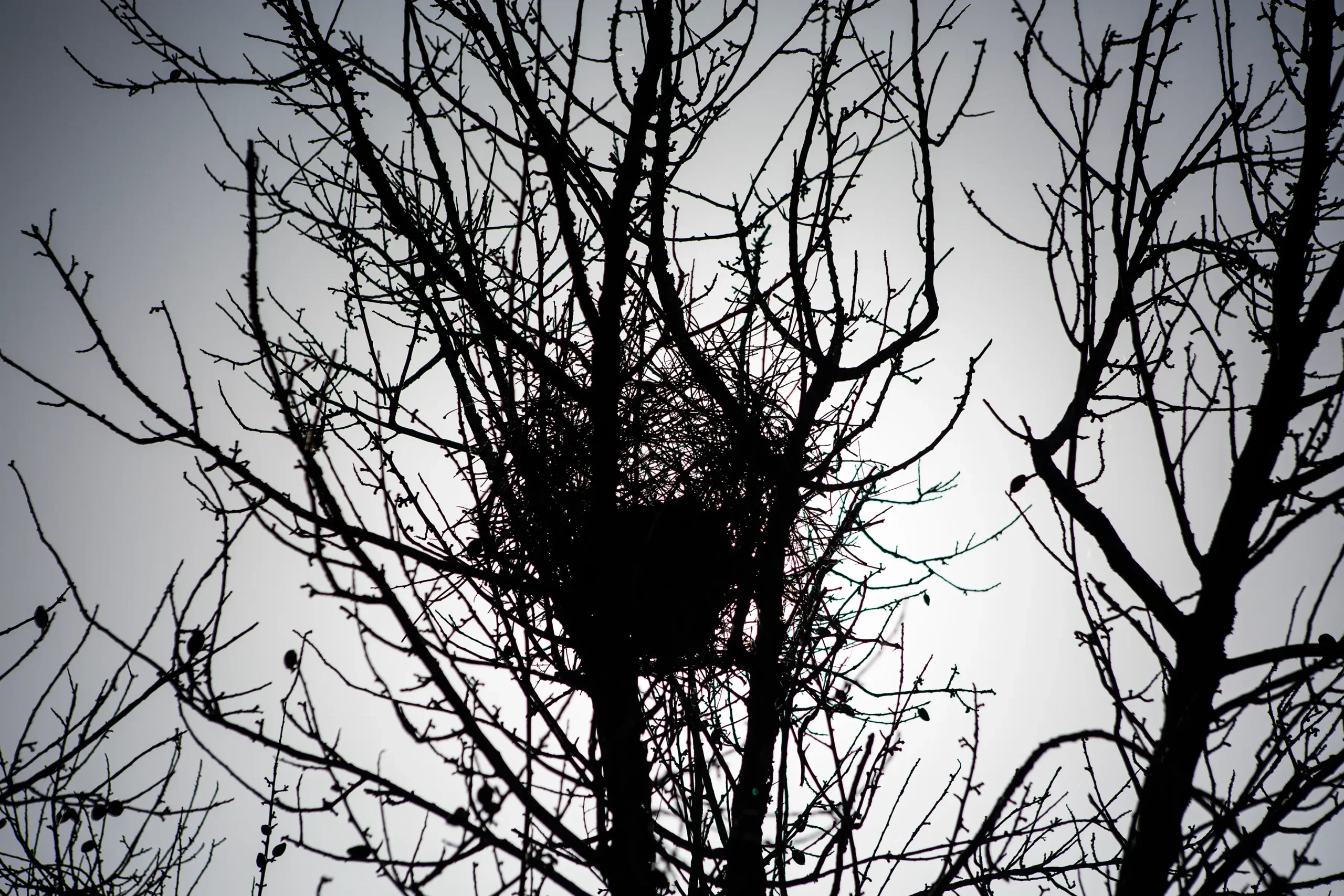

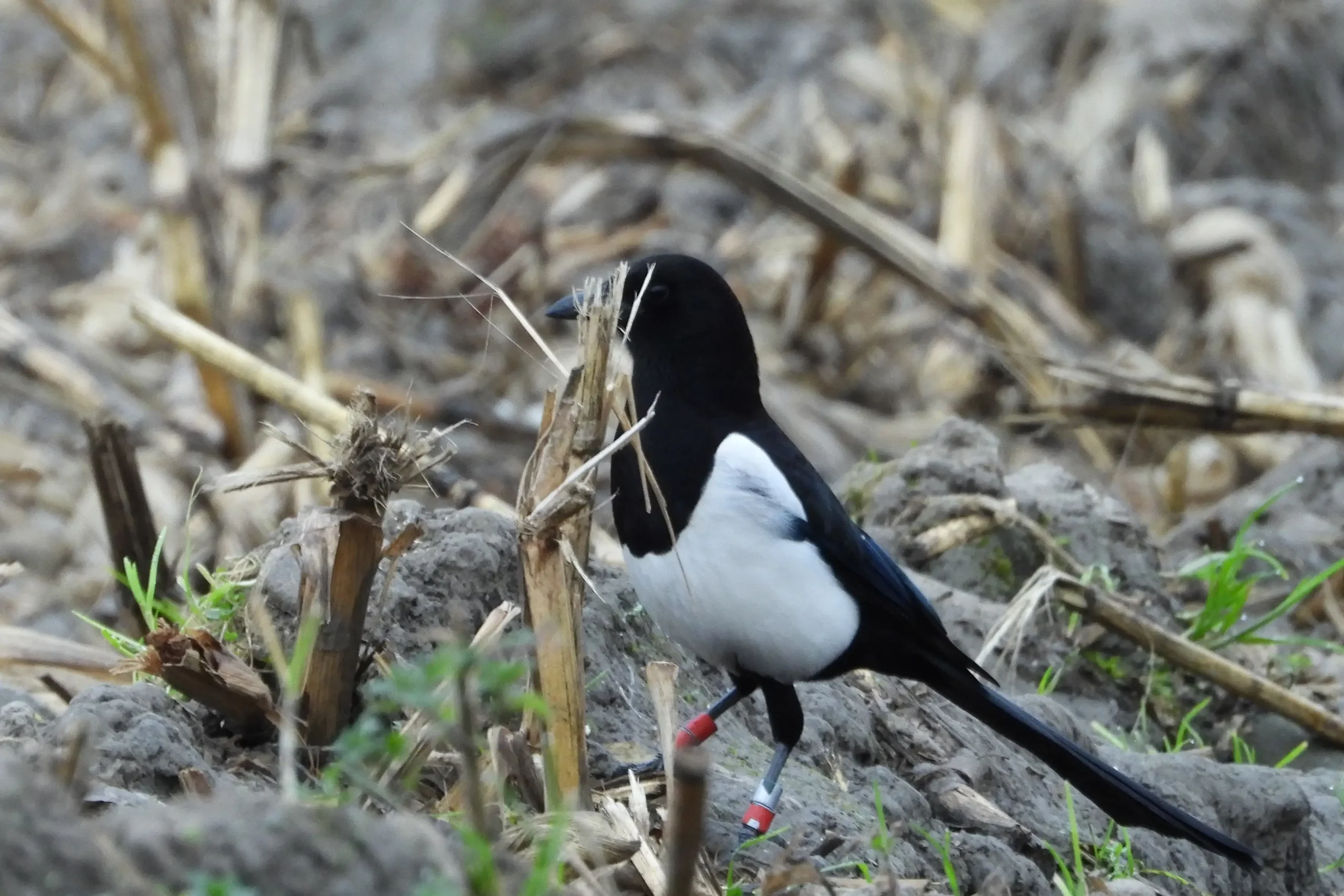
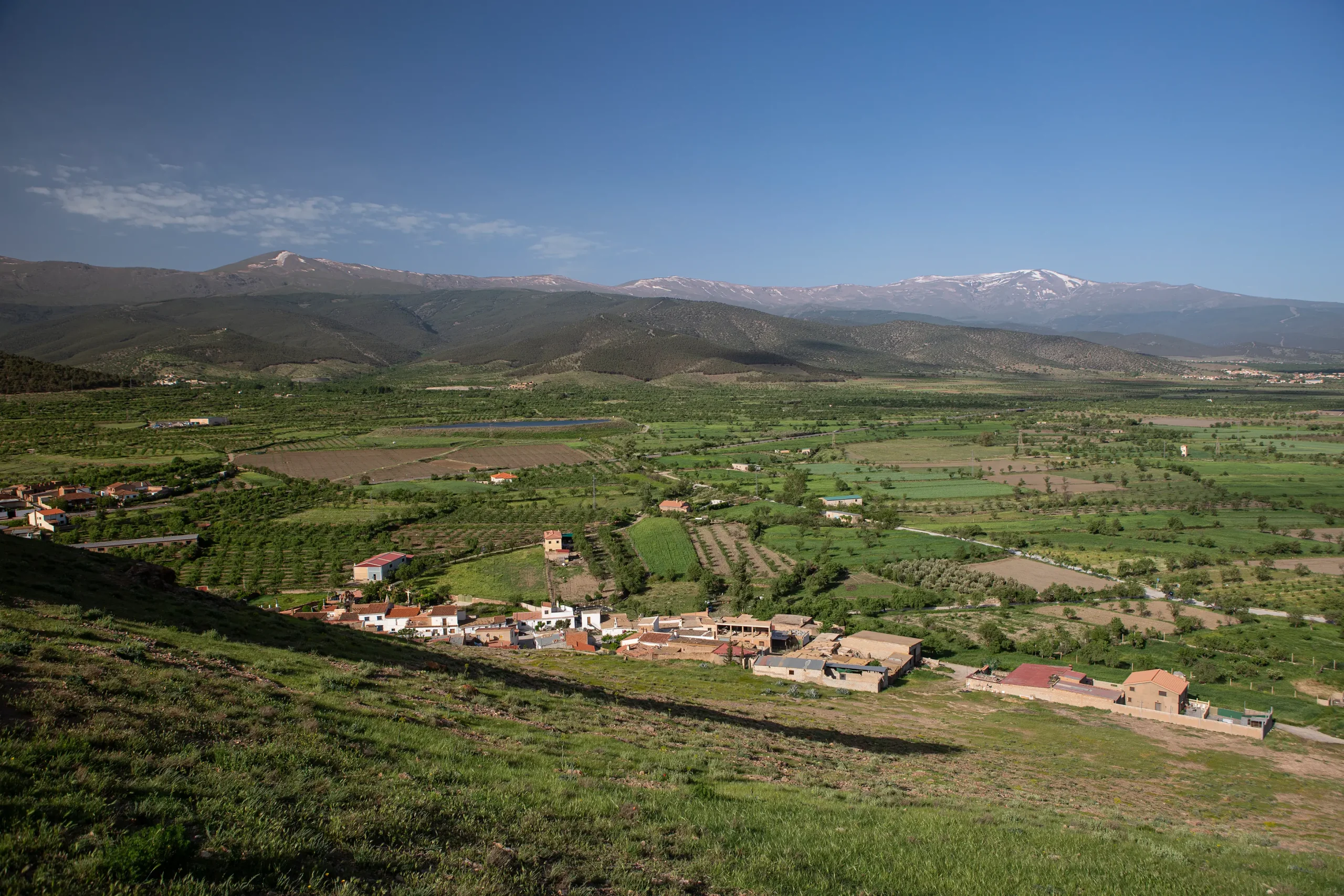
BACKGROUND: MAGPIES AND GREAT SPOTTED CUKOOS
This project is part of a long-term study on the interactions between great spotted cuckoos and magpies. Cuckoos are brood parasites, they lay their eggs in the nests of other bird species, the hosts, which take care of the parasitic offspring. Cuckoos reduce the breeding success of hosts; in the case of magpies, most parasitized pairs only raise cuckoo chicks. This way, by reducing hosts´ fitness, brood parasitism favours the evolution of defences in host populations. Among the defences against parasitism, the rejection of parasitic eggs by hosts has been well studied.
We know that some magpies are able to recognize and reject foreign eggs experimentally introduced in their nests, as well as real cuckoo eggs. It is also of particular interest for this project that egg rejection in related to age in magpies: females are more likely to reject foreign eggs as they age. We also know that magpies are really clever birds, as most corvid species, but to date, no study has related egg rejection to cognitive abilities in magpies.
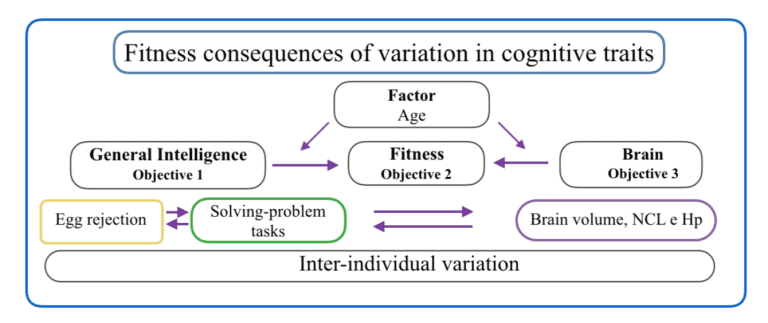
Diagram explaining the objectives of the project
PROJECT SUMMARY
Some animal behaviours have a strong influence on the fitness of individuals, such as the ability to reject foreign eggs displayed by avian species hosts of brood parasites. This behaviour, that reduces the costs of parasitism, is complex from a cognitive perspective, because individuals must distinguish their own eggs from parasite eggs, using different cognitive skills such as learning, memory and decision-making. Many cognitive processes are positively related at the individual level, suggesting the existence of some degree of “general intelligence”, which varies between individuals.
The brain processes, stores and integrates different types of information, and it is likely that cognitive abilities correlate with the size of the brain, or some of its areas; however, so far studies of the cognitive ecology of birds have been based on comparative approaches between species relating the size of the brain or some of its areas with cognitive traits. Furthermore, egg-rejecting behaviour has rarely been considered in a cognitive context, nor has the possibility that differences in the expression of rejection between individuals could be due to differences in cognitive function or brain size. Some brood parasite hosts, such as the magpie (Pica pica), have large brains and complex cognitive abilities, but it is not known whether inter-individual differences in the size of the brain or its areas are related to individual variation in cognitive abilities (including egg rejection).
In this three-year project, we propose to explore for the first time the possible relationship between egg rejection and cognitive abilities in magpies, quantifying in the same individuals their ability to reject eggs, their performance in a set of cognitive tasks and the size of their brain and some of its areas; we also aim to determine whether cognitive performance changes with age (as it does egg rejection behaviour) and finally the fitness consequences of the variation in cognitive abilities.
FUNDING
Present project is funded by the Ministerio de Ciencia e Innovación within the framework of “Proyectos I+D+I” from the Agencia Nacional de Investigación
